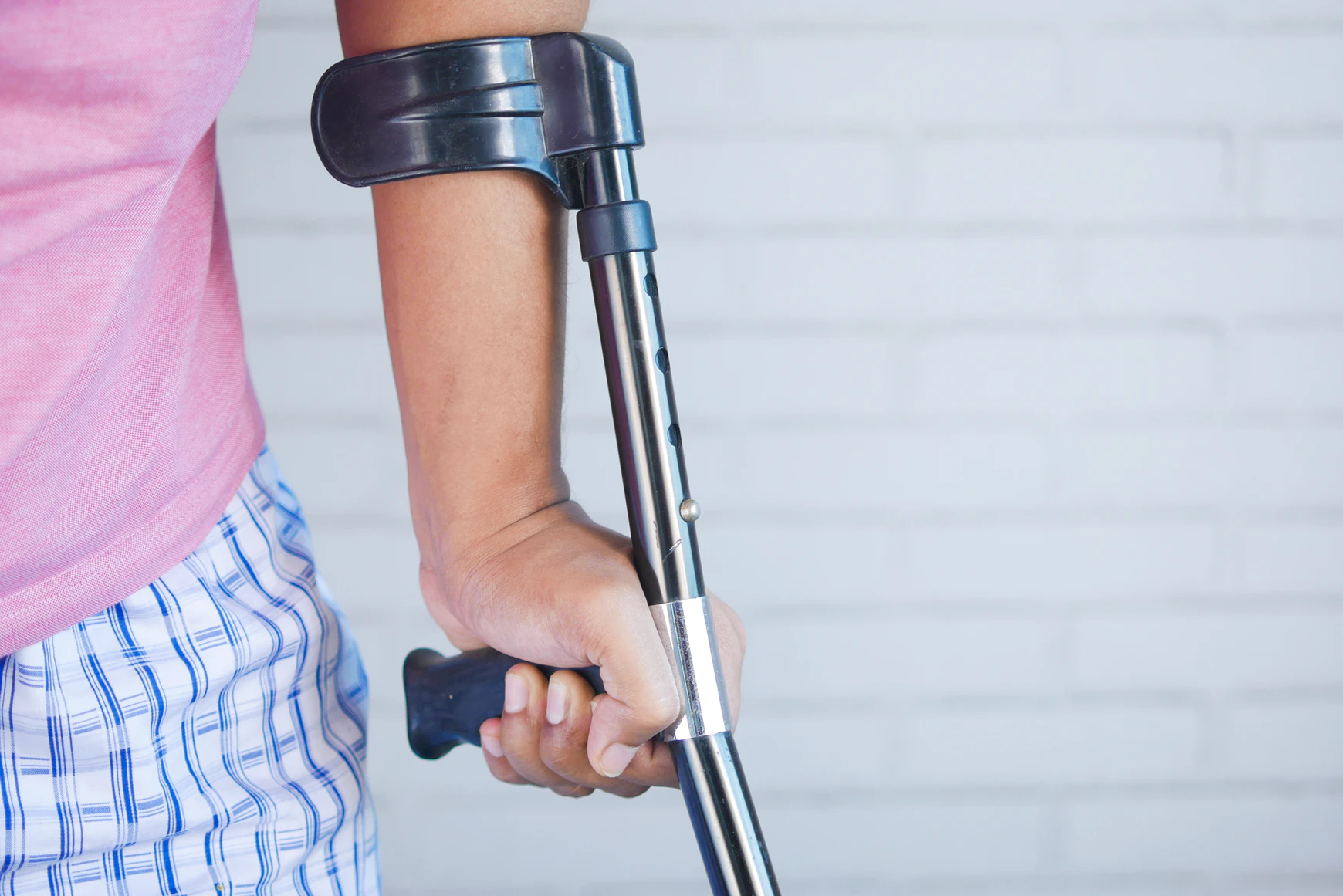How Personal Injury Can Affect Your Housing Situation and What to Keep in Mind
Personal injury can disrupt many parts of life, but one of the less obvious effects shows up in where and how you live. Suddenly, the apartment or house that once suited your lifestyle may no longer meet your new needs. Whether the injury limits your mobility, causes ongoing pain, or requires medical equipment, your living space can quickly become a source of stress rather than comfort.
Adjusting your housing situation is not just about convenience. It often ties directly to your recovery and quality of life. People with personal injuries may need accessible features such as ramps, wider doorways, or single-floor living. Without these accommodations, daily tasks can become frustrating or even unsafe, making it clear that where you live matters more than ever.

Many people also find that the social and emotional aspects of their housing environment change after an injury. Being cut off from neighbors or unable to participate in usual activities at home can lead to feelings of isolation. Choosing a place that encourages connection or offers community support can help improve mental well-being as part of the healing process.
What Personal Injury Means for Your Life and Rights
According to PCW Law, personal injury covers a wide range of accidents and health issues, from slips and falls to vehicle crashes or workplace incidents. These injuries can bring not only physical challenges but also financial and legal complications. One major aspect involves your rights to seek compensation for medical bills, lost wages, and sometimes even for changes needed in your living environment.
In many cases, personal injury claims can provide the resources to modify your home or move to a better-suited residence. Knowing how injury relates to your housing options helps you make informed decisions. It also emphasizes the importance of consulting legal advice when considering compensation for damages beyond immediate medical expenses.
Understanding your rights also means recognizing the limits and protections offered by housing laws. For example, some landlords must comply with laws requiring reasonable accommodations for tenants with disabilities. Being aware of these rules strengthens your position when requesting changes or negotiating leases after an injury.
How Housing Needs May Shift After an Injury
Once an injury occurs, the priorities for a home often shift significantly. Features like easy access to public transportation, proximity to healthcare providers, and a safe, quiet environment rise in importance. For many, the ability to move around freely inside the home becomes a daily concern, making stairs and narrow hallways major obstacles.
At the same time, the financial impact of an injury may limit housing options. If income decreases or unexpected costs arise, tenants might need to seek more affordable rentals or assistance programs. Finding a place that balances accessibility with budget constraints requires patience and careful planning, especially when recovery timelines remain uncertain.
It’s also important to consider long-term possibilities when choosing a home. Injuries may cause conditions that evolve over time, meaning what works today might not in a year or two. Keeping future needs in mind when selecting a rental or purchasing a property can save time, money, and frustration down the road.
The Role of Insurance and Support in Housing Adjustments
Insurance often plays a critical role in managing the consequences of personal injury. Health insurance can cover medical treatments, but when it comes to housing adjustments, policies vary widely. Some insurance plans include coverage for home modifications, while others do not, creating a patchwork of options and challenges.
Beyond insurance, government programs and nonprofit organizations sometimes offer assistance for those adapting to new housing needs. These programs can help cover costs for ramps, grab bars, or temporary housing. However, accessing this support usually involves navigating a complex system, which makes having professional advice a valuable asset.
Many people find that combining multiple sources of support works best. For example, insurance funds might cover medical devices, while local aid programs handle structural changes. Coordinating these resources can be complicated but often leads to more comprehensive solutions that ease the burden of transition.
Protecting Your Rights and Planning Ahead
Dealing with personal injury means taking control of many uncertain factors, and housing is often one of them. Knowing your rights as a tenant or homeowner helps prevent exploitation or unfair treatment. For example, landlords may not always be aware of or willing to accommodate necessary changes, so clear communication and documentation become vital.
Planning ahead can reduce stress and improve outcomes. This might mean discussing potential modifications with landlords early or exploring options for moving to more suitable accommodations before health conditions worsen. Being proactive in these areas strengthens your ability to maintain a stable and supportive living environment during recovery.
It is also wise to keep detailed records throughout this process. Documentation of medical needs, communications with landlords, and any agreed changes will prove useful if disputes arise. This transparency supports your case and helps ensure your housing situation aligns with your current reality.
Finding Stability After Personal Injury
Adjusting your housing situation after a personal injury is challenging but also an opportunity to create a safer and more comfortable home. Taking the time to evaluate your needs, seek appropriate support, and assert your rights can lead to positive changes. Recovery involves more than medical care—it includes rebuilding a living space that supports your well-being.
No matter the injury, the goal is to regain independence and peace of mind. Whether that means modifying your current home or finding a new place, you deserve housing that respects your circumstances and helps you regain balance. Making informed decisions about where you live plays a crucial part in that process.
With patience and the right support, adapting to new housing needs can become a vital part of healing. Over time, a well-suited home can restore confidence and stability, helping you focus on what matters most—living your life comfortably and safely again.
Published 7/15/25